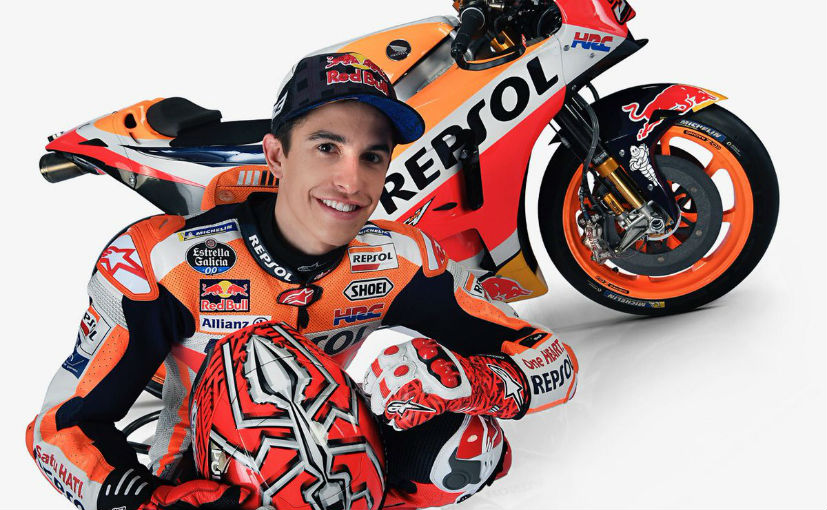Hello,Friends!!
Hope you guys have amazing day !! Thank you to everyone who
read my first post. And for those of you who visited my blog again this time, I
thank you :D. In my post this time I’m still discussing a name. But it is different
from the previous topic related to loving your name. This time I will discuss
about the different names given in each country. However, I will not discuss
naming all over the world, but I will only discuss the naming in the country of
Iceland.
Why is Iceland?
Is there something interesting?
On Thursday afternoon my lecturer gave an article entitled
"NAMING TRADITION". This article adapted from Multicultural Manners.
From the article we can
find out that there are some differences in the naming traditions of people in
the world. After reading from the article I want to know more about the
tradition of giving names other than the countries mentioned in the article.
And I am attracted to the country of Iceland.
And I am attracted to the country of Iceland.
The name in Iceland uses a patronymic or sometimes matronymic
naming system. patronimic, is a component of a personal name based on the name
of the gift from the father, grandfather, or male ancestor. Komomene a name
based on the name of the mother or female ancestor is matronimik. The name
shows the father (or mother) of the child and not the historical family tree.
Iceland shares a shared cultural heritage with Scandinavian countries such as
Norway, Sweden and Denmark with the Faroe Islands. But unlike other
Scandinavian countries, Iceland still uses the traditional name system, which
was used by all Nordic countries except Finland. This is a picture of the
Nordic countries.
T
On the official website of the Ministry of Justice of Iceland
(www.innanrikisraduneyti.is), this naming is an Icelandic tradition which is
then regulated in a law.
In English the law is known as the Personal Names Act. First
put into effect in 1925, then there were two amendments in 1991 and 1996. This
law strictly regulates the naming of its citizens.
In contrast to most Western European names, or clan systems
that we commonly know in Indonesia, Icelanders give their children's last names
based on their father's name. Then given additional "son" for boys,
and "dottir" for girls.
Some use the father's first name as the child's last name,
but some use the middle name. Depending on the parents choose which name is
preferred or with a name which is better known by the public.
The difference is, this Arabic-style naming is different in
the term "bin" for boys and "binti" for girls. While
Icelanders use "son" and "dottir" behind the child's first
name.
Thus if Aron Gunnarsson's father was named Gunnar, Gylfi
Sigurdsson's father was named Sigurd, and Johann Gudmundsson's father was named
Gudmund.
Criticism and suggestions really helped me in improving the
writing :)
Source
https://id.wikipedia.org/wiki/Nama_Islandia





























